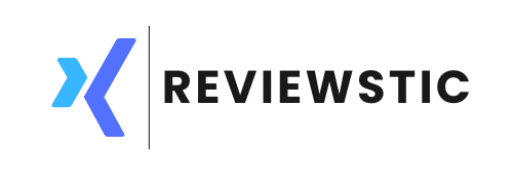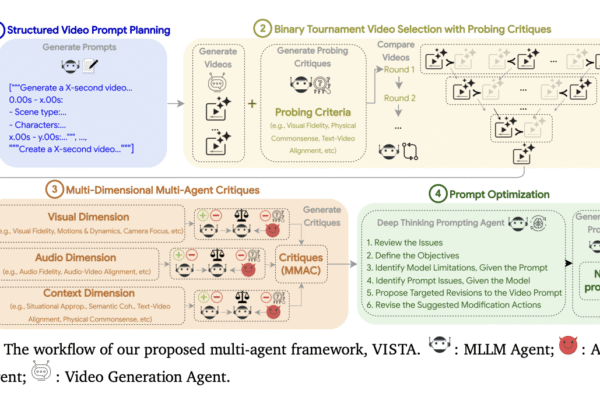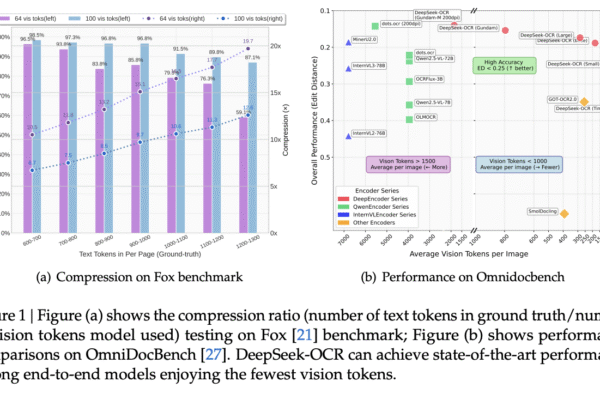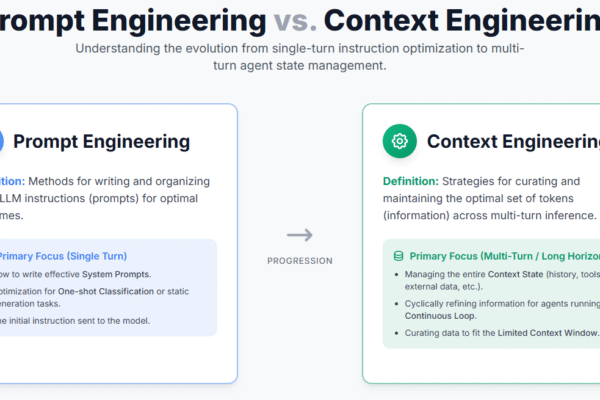
How to Design a Fully Functional Enterprise AI Assistant with Retrieval Augmentation and Policy Guardrails Using Open Source AI Models
In this tutorial, we explore how we can build a compact yet powerful Enterprise AI assistant that runs effortlessly on Colab. We start by integrating retrieval-augmented generation (RAG) using FAISS for document retrieval and FLAN-T5 for text generation, both fully open-source and free. As we progress, we embed enterprise policies such as data redaction, access…










